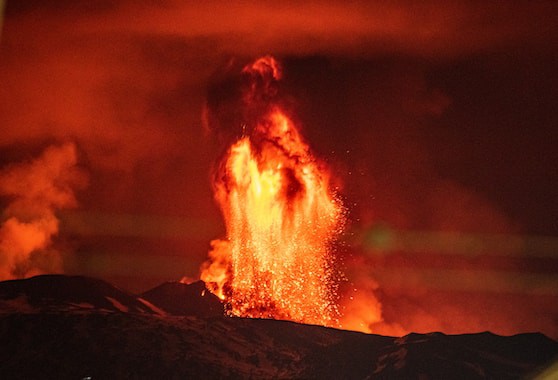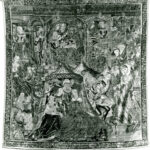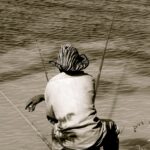Haroun Tazieff was a prominent French volcanologist, geologist, and filmmaker known for his extensive work in studying and documenting volcanic eruptions around the world. Born on May 11, 1914, in Warsaw, Poland, Tazieff’s lifelong passion for volcanoes and natural disasters led him to become one of the most respected figures in his field.
Tazieff’s family moved to Belgium when he was a child, where he grew up and developed a deep curiosity about the natural world. Fascinated by the forces of nature, he pursued his studies in geology and earned a degree in engineering from the Free University of Brussels.
Tazieff’s first major encounter with volcanic activity came in 1939 when he witnessed the eruption of Mount Pelée on the Caribbean island of Martinique. This experience had a profound impact on him and marked the beginning of his career as a volcanologist. He dedicated his life to studying and understanding volcanic eruptions and their impact on the environment and human societies.
During World War II, Tazieff joined the French Resistance and actively participated in clandestine activities against the German occupation. His courage and commitment earned him recognition, and after the war, he resumed his scientific pursuits.
In the 1950s, Tazieff embarked on several expeditions to study volcanic eruptions in remote locations such as Iceland, Kamchatka, and the Democratic Republic of Congo. These expeditions allowed him to collect valuable data and observations that would contribute to the advancement of volcanic research.
Tazieff’s groundbreaking work in the field of volcanology was characterized by his hands-on approach. He was known for his daring and adventurous spirit, often putting himself in dangerous situations to gather first-hand information about volcanic eruptions. His willingness to take risks paid off, as he was able to capture stunning footage and photographs of volcanic activity that had never been seen before.
In addition to his scientific pursuits, Tazieff also had a keen interest in filmmaking. He used his skills as a filmmaker to document his expeditions and share his findings with the public. His documentaries, such as “Volcano” and “I Walked on a Fire Planet,” gained international recognition and brought the fascinating world of volcanoes to a wider audience.
Tazieff’s contributions to the field of volcanology were not limited to scientific research and filmmaking. He also played a crucial role in raising awareness about the potential dangers posed by volcanic eruptions. He emphasized the importance of disaster preparedness and worked tirelessly to educate the public and authorities on the need for effective evacuation plans and risk assessment strategies.
Throughout his career, Tazieff received numerous accolades and honors for his work. He was elected to the French Academy of Sciences and served as the president of the French Committee for the International Decade of Natural Disaster Reduction. His expertise and insights were sought after by governments and organizations worldwide, and he became a respected advisor on matters related to volcanology and natural disasters.
Haroun Tazieff’s legacy extends far beyond his scientific achievements. He was a charismatic and passionate individual who dedicated his life to understanding and protecting our planet. His work continues to inspire future generations of scientists and filmmakers, and his contributions to the field of volcanology remain invaluable.
Haroun Tazieff passed away on February 2, 1998, leaving behind a rich body of work and a lasting impact on the field of volcanology. His remarkable life and contributions serve as a testament to the power of human curiosity and the importance of studying and appreciating the wonders of our natural world.
Sources
1. Haroun Tazieff – English Wikipedia, 2022.
2. Haroun Tazieff – Encyclopædia Universalis







